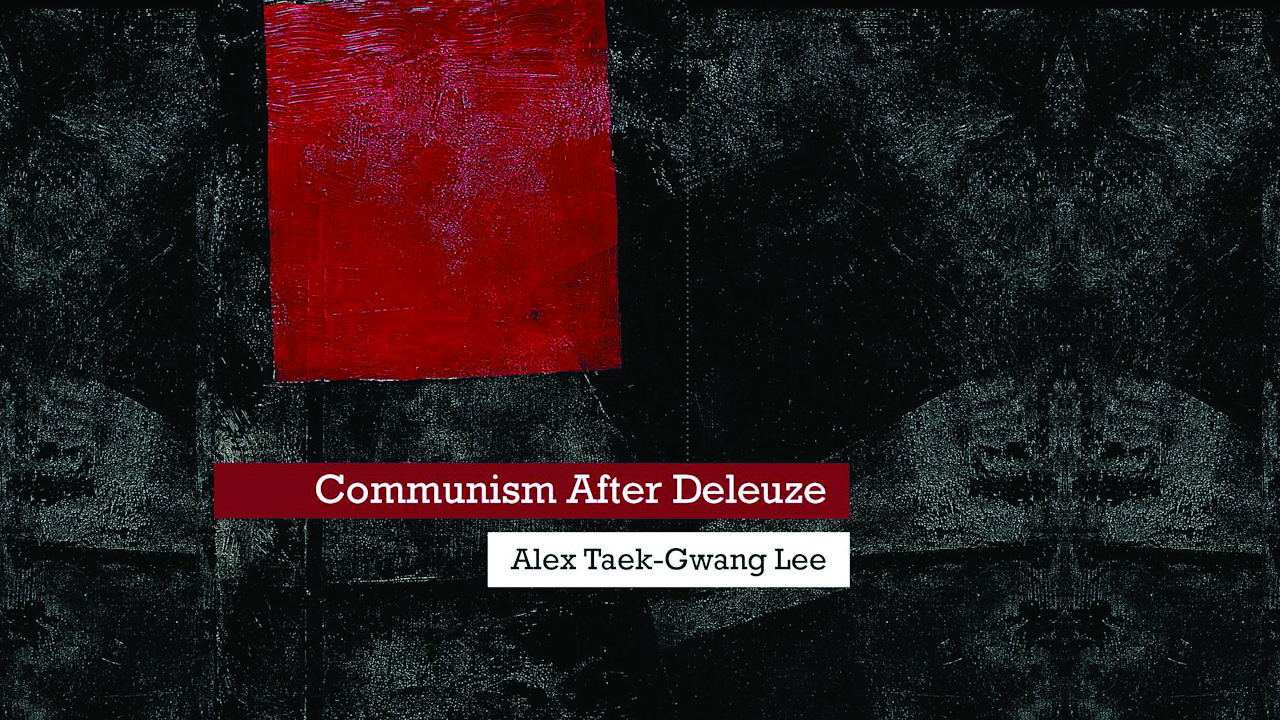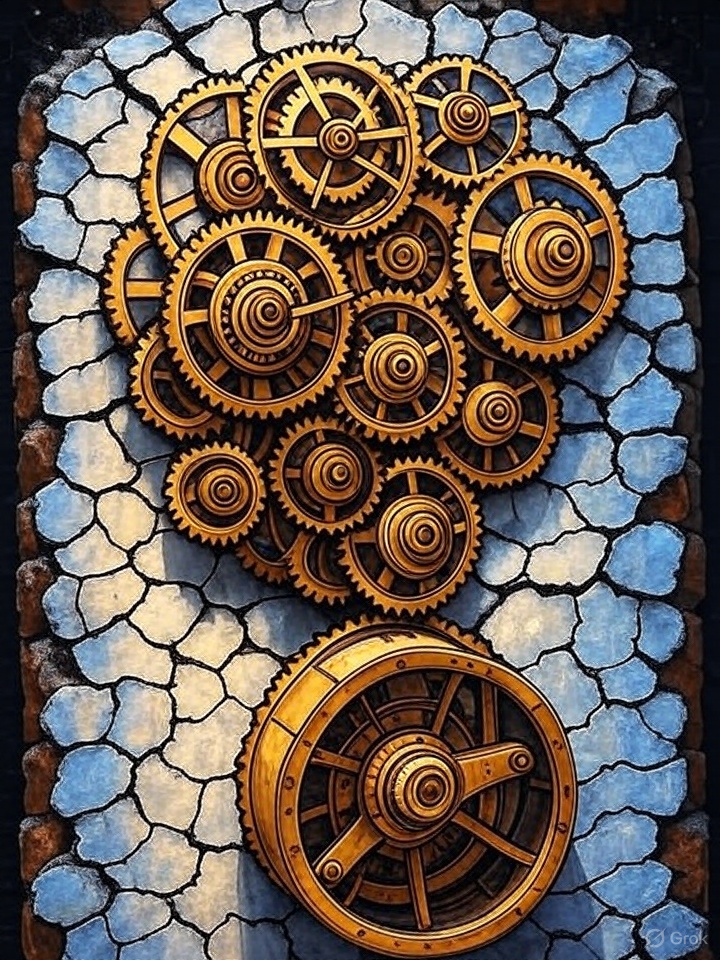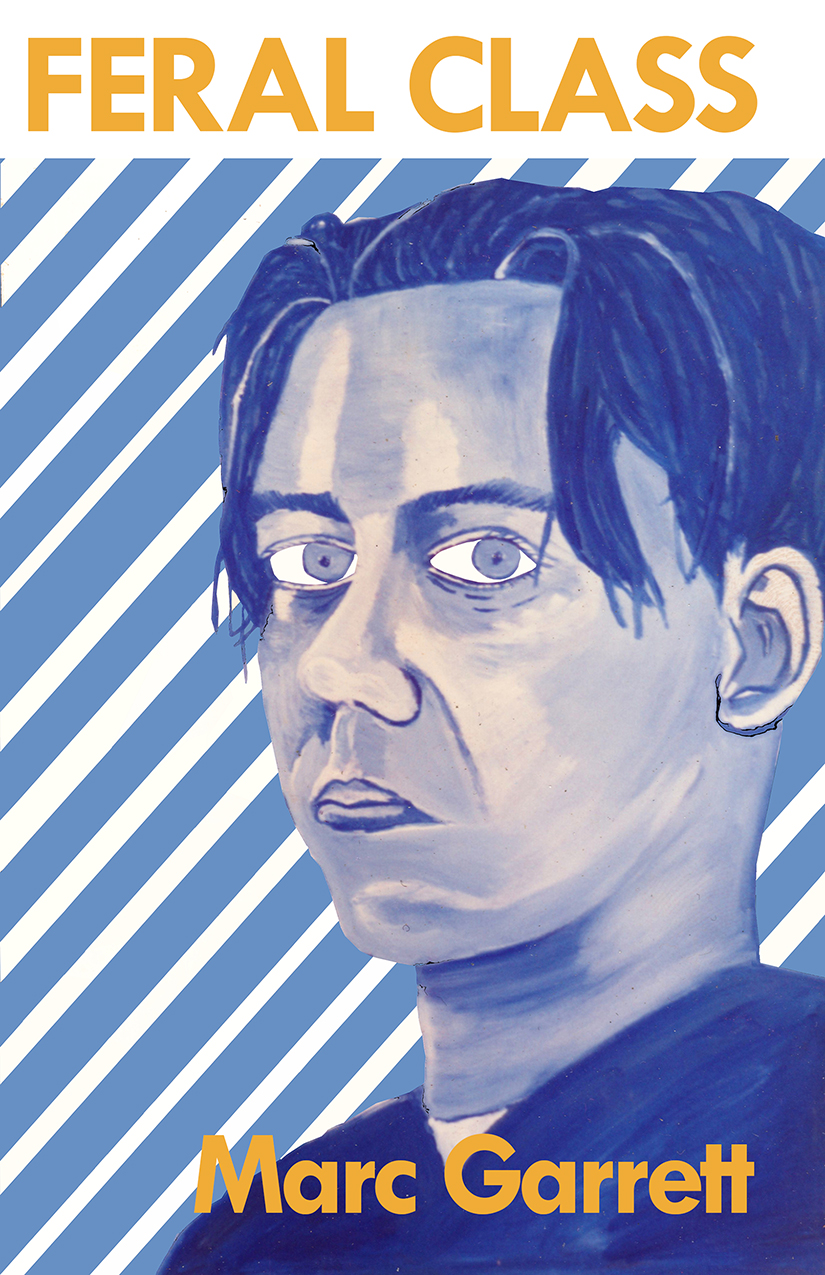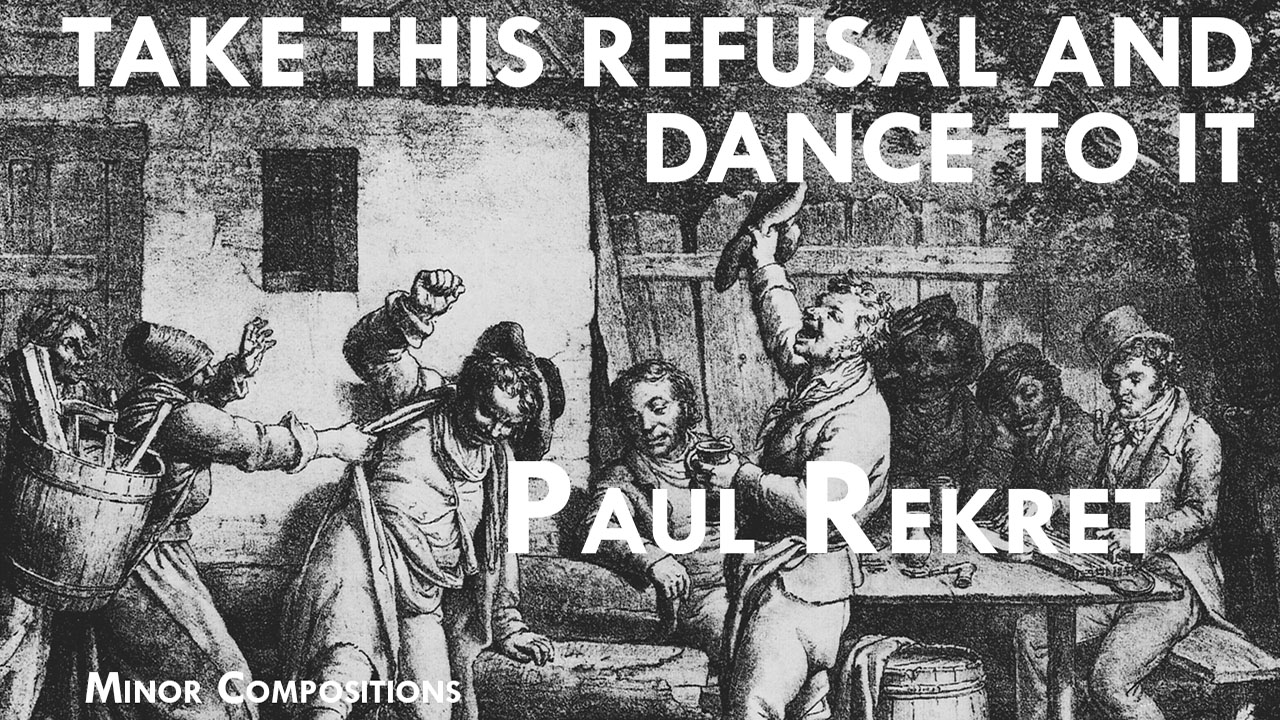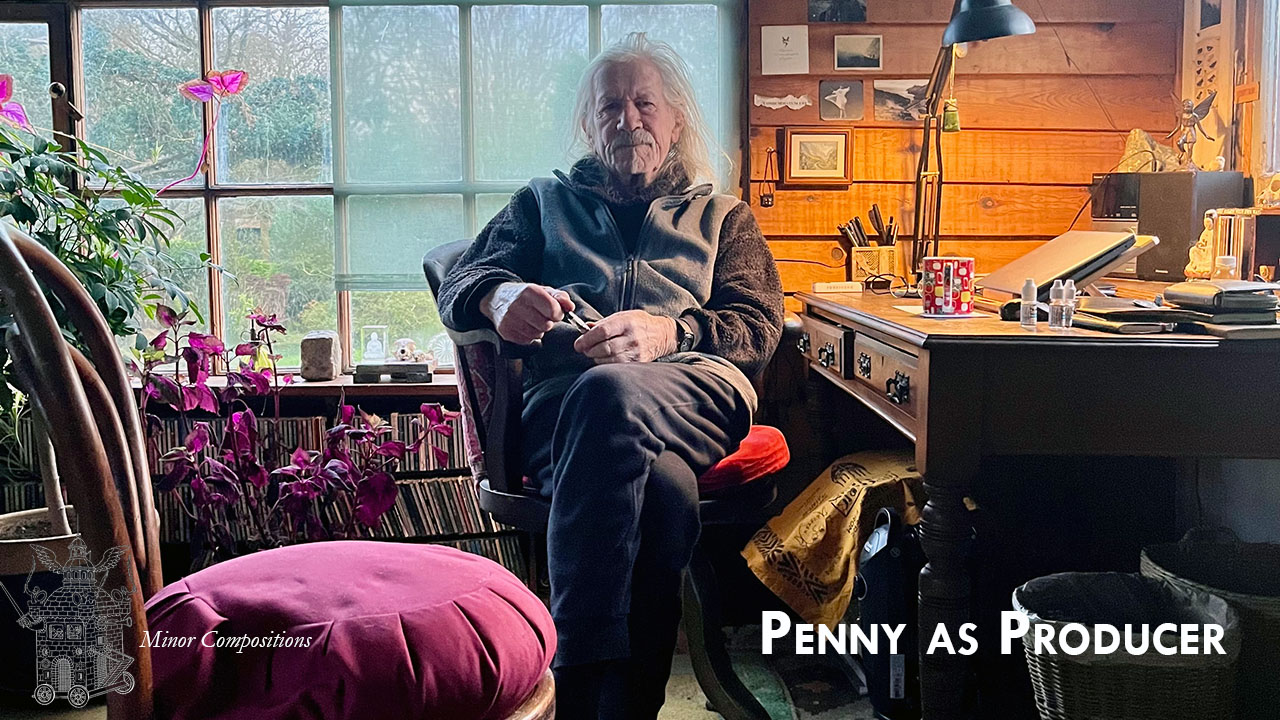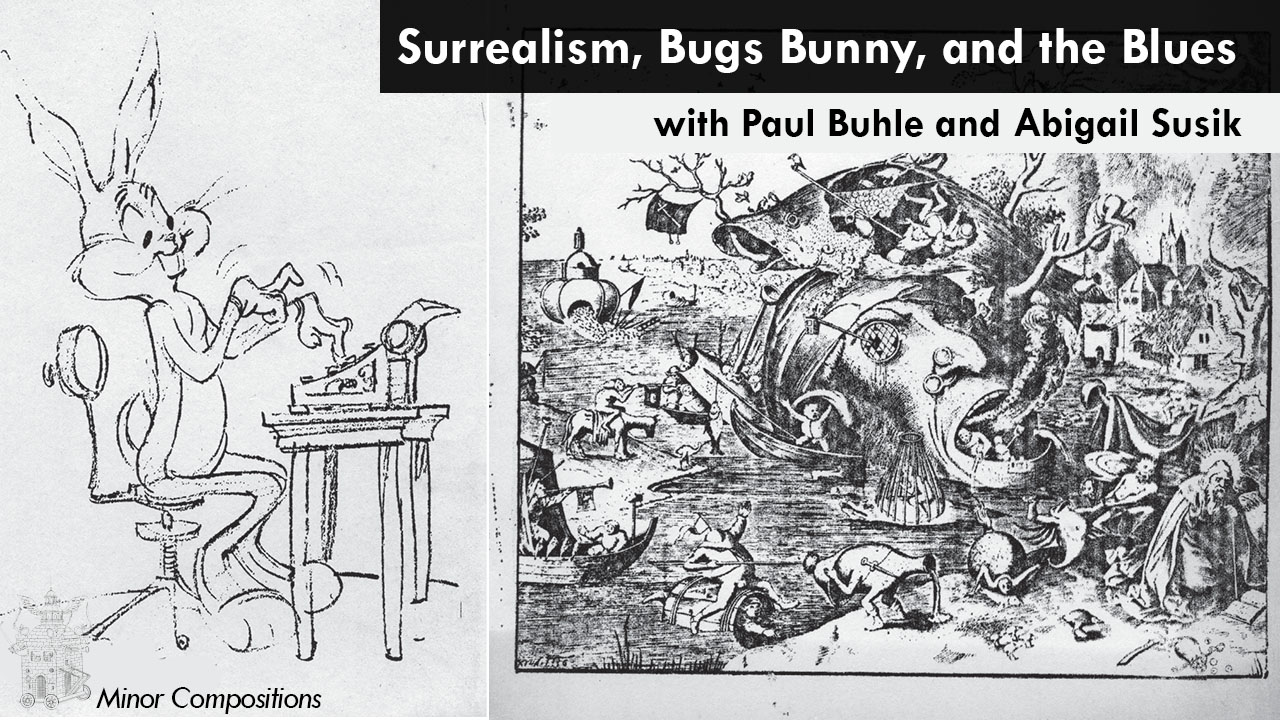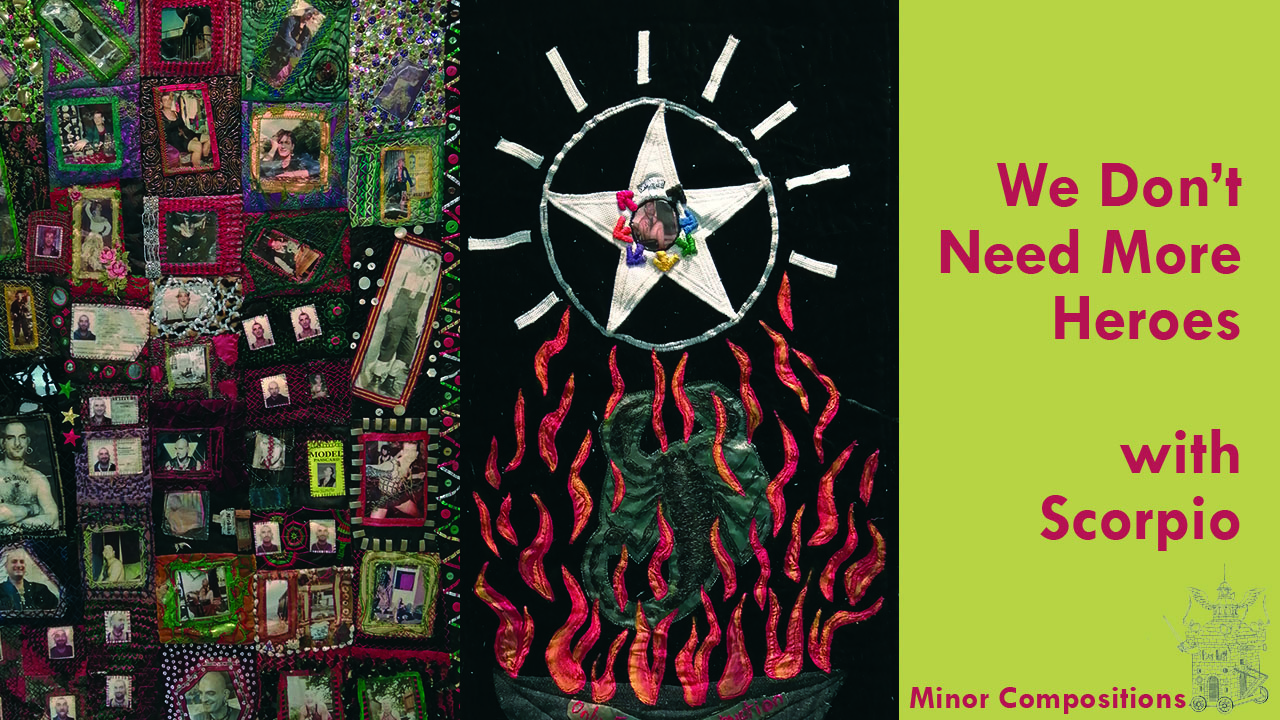-

Communism After Deleuze
Minor Compositions Podcast Episode 34 Communism After Deleuze Discussion with Alex Taek-Gwang Lee about his new book Communism After Deleuze. What if communism was always the secret engine of Deleuze’s thought? This episode uncovers a hidden itinerary running through Deleuze’s work: a subterranean current where the idea of the Third World becomes a cipher for…
-

Dismantling the Master’s Clock
Minor Compositions Podcast Episode 33 Dismantling the Master’s Clock In this episode, we speak with Rasheedah Phillips about her groundbreaking book Dismantling the Master’s Clock: On Race, Space, and Time. Drawing from Black Quantum Futurism, Phillips challenges dominant, Western notions of time – showing how they have been shaped by colonialism, capitalism, and racial oppression.…
-

Feral Class
Untamed, Unheard, Unstoppable… a moving memoir about being a working-class artist… Art on the Margins, Life Without Permission Feral Class is Marc Garrett’s deeply personal and thought-provoking exploration of his early years, chronicling his journey as a working-class artist navigating a world that often rejects them. Through humorous, vivid storytelling and incisive critique, Garrett explores…
-

Take This Refusal and Dance To It
Minor Compositions Podcast Episode 31 Take This Refusal and Dance To It This episode is a conversation with Paul Rekret, centered around his book Take This Hammer: Work, Song, Crisis (2024). In this discussion we explore the book’s key themes through both discussion and curated music selections that speak to the intersections of labor, leisure,…
-

Penny as Producer
Minor Compositions Podcast Episode 30 – Penny as Producer Penny Rimbaud is best known as a founding member of the anarcho-punk collective Crass, as well as for his work as a poet, writer, and philosopher. But beyond these well-known aspects of his life and practice lies another, less frequently discussed dimension: his role as a…
-

Surrealism, Bugs Bunny, and the Blues
Minor Compositions Podcast Episode 29 Surrealism, Bugs Bunny, and the Blues This episode is a discussion with Paul Buhle, Abigail Susik, and Penelope Rosemont about the newly released book Surrealism, Bugs Bunny, and the Blues: Selected Writings on Popular Culture. This collection brings together legendary Chicago surrealist Franklin Rosemont’s writings on popular culture over…
-

Band People
Minor Compositions Podcast Episode 28 Band People with Franz Nicolay This episode is a recording of a seminar held at the University of Essex with Franz Nicolay on his book Band People. In it Franz Nicolay explores the working and creative lives of musicians. In it, he argues that to talk about the role of…
-

Free Jazz, Revolution and the Politics of Peter Brötzmann
Minor Compositions Podcast Episode 27 Free Jazz, Revolution and the Politics of Peter Brötzmann For this episode we have a discussion of the book Peter Brötzmann: Free-Jazz, Revolution and the Politics of Improvisation with its author Daniel Spicer and long time comrade and fellow radical theorist / free jazz musician Richard Gilman-Opalsky. In it we…
-

Toward a Theory of Fascism for Anti-Fascist Life
Toward a Theory of Fascism for Anti-Fascist Life. A Process Vocabulary Brian Massumi Developing a new conceptual vocabulary to analyze the mutations of contemporary fascism Fascism is not just a historical event – it is a recurring process, adapting and re-emerging in new forms. In Toward a Theory of Fascism for Anti-Fascist Life Brian Massumi…
-

We Don’t Need More Heroes
Minor Compositions Podcast Episode 26: We Don’t Need More Heroes with Scorpio For this episode we talk with Brixton-based textile artist Scorpio about his life and work. Last summer a quest to learn more about the 1990s militant queer art collective Homocult led us to visiting “Iconic Queer,” an exhibition of Scorpio’s work at the…
